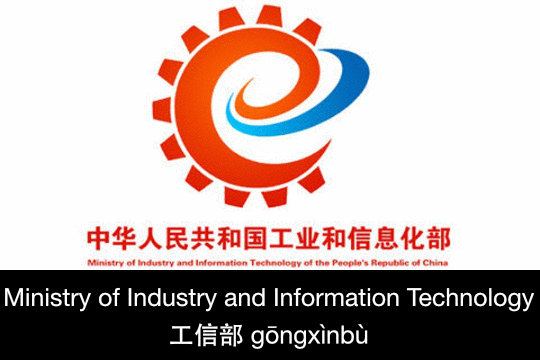Authorities deny VPN crackdown – China’s latest top news
Jeremy Goldkorn’s selection of the top stories from China on July 12, 2017. Part of the daily The China Project newsletter, a convenient package of China’s business, political, and cultural news delivered to your inbox for free. Subscribe here.

Authorities deny VPN crackdown
Bloomberg reports that the Ministry of Industry and Information Technology (MIIT), which regulates China’s internet and telecom industries, has released a statement saying that it will not block legitimate access to the global internet by local or foreign business and general users. This was in response to the widely circulated reports that Beijing had ordered three state-run telecommunications firms — including China Mobile, China Unicom, and China Telecom — to bar individuals from using virtual private networks (VPNs) to hop over the notorious Great Firewall. “What Western media reported is not true,” the ministry told (in Chinese) Paper.cn. “We are still working on specific measures to regulate VPN service. The ministry is the only authoritative voice on this matter.”
The Beijinger published a story that says “many tech experts” have dismissed the idea of a complete block on VPNs as “sensationalist.” A representative from Express VPN emailed me to say that in the eight years his company has been offering VPN services, there has been a “continual game of cat-and-mouse” in China, but there is “no reason to believe that there is now a fundamental shift from this status quo.” Many other Chinese internet insiders I have spoken to believe that VPNs sold on Chinese app stores will be strictly controlled but that overseas-based VPNs that require payment with a foreign credit card will remain safe.
However, the most powerful government internet censorship organization, the Cyberspace Administration of China, has not yet spoken. The VPNs might yet all go down.
Liu Xiaobo near death
Dissident Liu Xiaobo 刘晓波, who has been out on medical parole since June 26 from his 11-year prison sentence to have his terminal liver cancer treated, is “in septic shock and his organ functions continue to fail,” according to a statement (in Chinese) signed by Liu’s family members and released by the hospital where Liu is being held. The Guardian notes that many observers see this statement as unreliable, as some argue it is “designed to bolster Beijing’s assertion that Liu is unfit to leave China rather than accurately convey the state of his health.” Just several days ago, two doctors from the U.S. and Germany visited Liu and contradicted Chinese government statements that he was too sick to travel.
What now for Liu?
- The New York Times solemnly reported (paywall) that “Mr. Liu could become the first Nobel laureate to die in state custody since Carl von Ossietzky, the German pacifist and foe of Nazism who died under guard in 1938.”
- International leaders, observers, and media continue to call for Liu to receive medical treatment abroad. Tsai Ing-wen, the president of Taiwan, chimed in on Twitter to “call on #Beijing to free #LiuXiaobo & allow him to seek treatment wherever he wishes. #Taiwan willing to provide any medical assistance.”
- As many sadly noted, still missing from international calls for Liu’s release is any statement from the U.S. president or his government.
- James Palmer writes in Foreign Policy, “The Chinese think Liu Xiaobo was asking for it,” because the government has set up a social context in which “blaming the victim is the easiest way for people to sleep at night in a country where the government could crush you at any moment.”
One year after South China Sea arbitration
Today is the first anniversary of the South China Sea arbitration on July 12, 2016. To celebrate its legal victory in the Hague over its maritime dispute with China, the Philippines issued a statement reaffirming its unwavering commitment to protect the country’s territorial claims and maritime entitlements. Reached for comments on the statement, Foreign Ministry spokesperson Geng Shuang 耿爽 said that China is willing to peacefully resolve the relevant disputes while upholding “its territorial sovereignty and maritime rights and interests in the South China Sea.”
Lawfare noted that for the Philippines, a legal victory is nothing close to an actual victory. “Over the past year China has succeeded in transforming its legal defeat into a policy victory by maintaining its aggressive South China Sea policies while escaping sanction for its non-compliance,” the author wrote.






